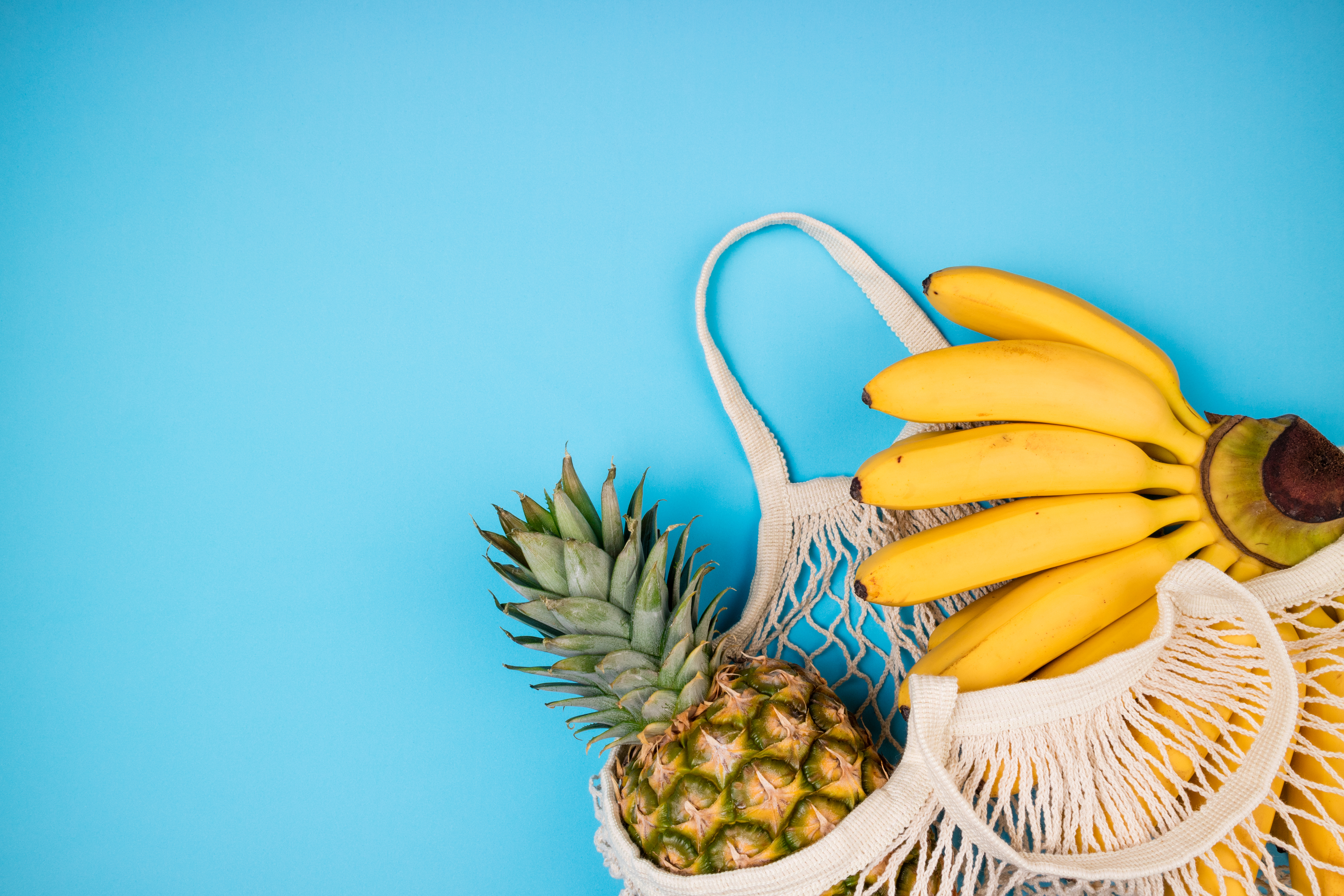Boost Your Melatonin Levels with Tropical Fruits!

Discover the Benefits of Pineapple and Banana
As parents, we know how important it is for our children get a restful night's sleep. But what options do we have when they struggle to go to bed? While adults might consider using over-the-counter sleep aids, these are not suitable for little ones. Instead we might offer a bedtime snack or warm milk, but do these actually work? Enter melatonin, a natural hormone that regulates the sleep cycle. And we're not talking about gummies! In fact, there are natural food sources of melatonin that can help your child get the sleep they need.
Melatonin is a hormone produced naturally by the pineal gland in the brain that regulates the sleep-wake cycle. It’s often called the “sleep hormone” because it helps people fall asleep and stay asleep throughout the night. In addition to its sleep-inducing properties, melatonin also acts as an antioxidant and has anti-inflammatory effects on the body.
When melatonin is consumed from natural sources or taken as a supplement, it’s absorbed by the body through the digestive system. It then enters the bloodstream and travels to the brain, where it binds to receptors that help regulate the sleep-wake cycle.
In a recent 2022 study, researchers observed that consuming tropical fruits like pineapple or banana can greatly increase melatonin levels. Participants who consumed juice from 1 kilogram (2.2 pounds) of pineapple or ate 2 bananas saw a significant rise in melatonin in their blood just two hours later.
Although further studies are needed to confirm the link between melatonin changes and the consumption of analyzed foods, it is plausible to conclude that a diverse melatonin-rich diet including grapes, cherries, bananas, pineapples, and dark green vegetables may improve melatonin levels and maintain overall health.
Published January 1, 2024
Get Some Fresh Inspiration


